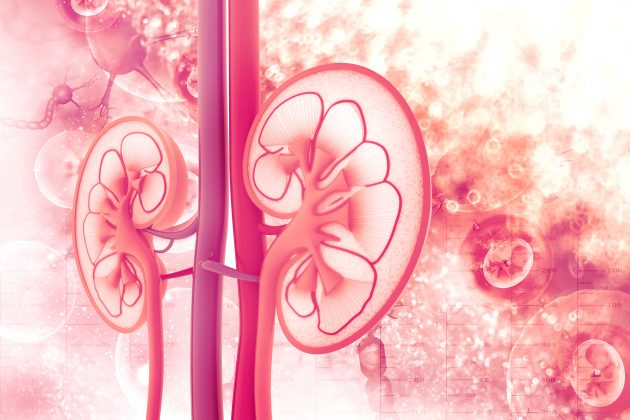Racial/ethnic minorities are 1.5 to 4 times more likely than others to develop end-stage renal disease (ESRD). Among hospitalized patients with ESRD receiving hemodialysis, more than one-third of discharges are followed by readmission within 30 days. There are associations between 30-day readmissions and increased healthcare costs and poor health outcomes.
Dhakrit (Jesse) Rungkitwattanakul, PharmD, and colleagues at Howard University College of Pharmacy, Washington, DC, conducted a retrospective study to identify predictors within inpatient and outpatient care that contribute to 30-day hospital readmissions among minority patients with ESRD. Study participants were receiving maintenance hemodialysis at an outpatient dialysis center in the District of Columbia. Results of the study were reported during a virtual poster session at ASN Kidney Week 2020 in a poster titled Predictors of 30-Day Hospital Readmission among Minority ESRD Patients Receiving Maintenance Hemodialysis.
Data were obtained from electronic medical records for patients with an unplanned hospital admission between January 1, 2017, and August 31, 2019. The researchers conducted descriptive statistical analysis for all study variables. Identification and assessment of predictors of 30-day readmission was determined using univariate and multivariate logistic regression analysis with 30-day readmission as the dependent outcome.
The study included 96 patients. Of those, 51% (n=49) had a readmission within 30 days of the index discharge. Overall, 86.5% of the patients were Black, 29.2% were 60 to 69 years of age, and 89.6% had a diagnosis of hypertension. In multivariate analyses, there were significant associations between a diagnosis of secondary hyperparathyroidism and serum calcium <8.5 mg/dL at time of index discharge and higher rates of 30-day readmission. Rates of 30-day readmission were also higher among patients with serum parathyroid hormone <150 pg/mL at time of index discharge.
There were no associations between sex, race, weekend discharge, and serum phosphate at time of discharge and 30-day readmission.
In conclusion, the researchers said, “Overall, the study findings provide some insight into risk factors associated with 30-day readmission in minority patients receiving maintenance hemodialysis. These findings suggest that secondary hyperparathyroidism and chronic kidney disease mineral bone disorder markers predict readmissions. Identifying inpatient and outpatient strategies to mitigate risks and precent readmission may improve outcomes in this high-risk ESRD population.”
Read more here: https://www.asn-online.org/education/kidneyweek/2020/program-abstract.aspx?controlId=3442667
Source: Rungkitwattanakul DJ, Ohanele C, Emezienna N, Maneno MK, Daftary MN. Predictors of 30-day hospital readmission among minority ESRD patients receiving maintenance hemodialysis. Abstract of a poster presented at the American Society of Nephrology virtual Kidney Week 2020 (PO1233), October 22, 2020.
Credit: Original article published here.








